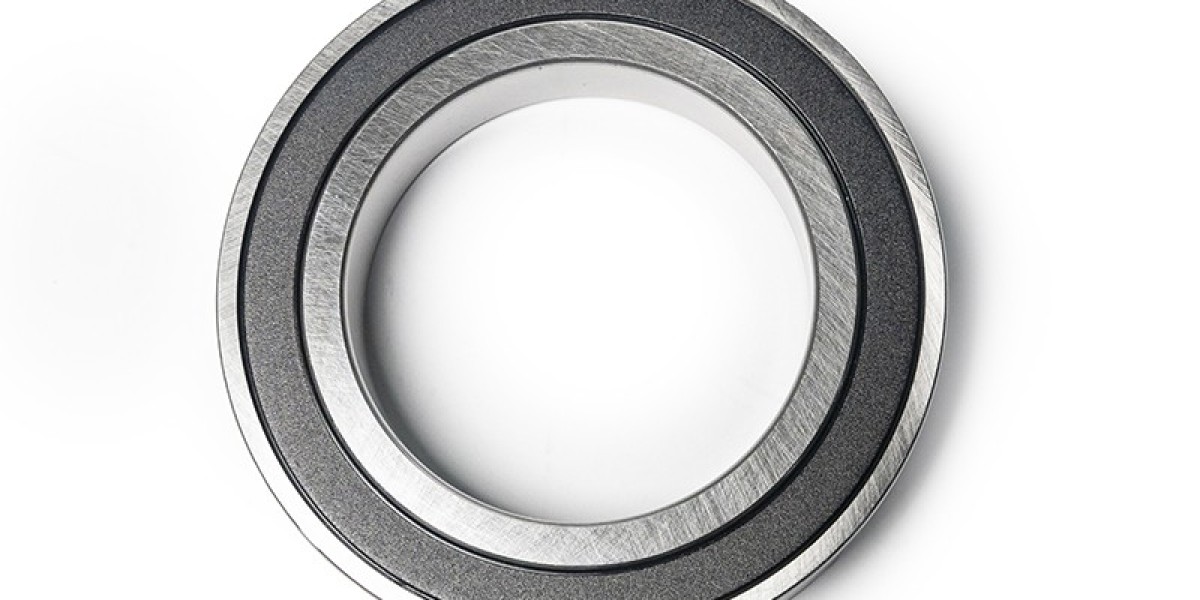In today’s fast-paced industrial world, finding the right bearing supplier is not just about sourcing components—it's about securing the future of your operations. Bearings are the silent heroes in machines, vehicles, and equipment, keeping everything running smoothly and efficiently. Whether you're in automotive manufacturing, heavy machinery, agriculture, or aerospace, choosing a dependable bearing supplier can make or break your productivity.
At the heart of every high-performance machine lies a bearing—small in size but massive in impact. That’s why industries around the globe are increasingly focused on selecting suppliers who offer not just products, but performance-driven solutions. A professional bearing supplier understands this dynamic and goes beyond simply delivering inventory. They partner with clients to offer technical support, product guidance, quality assurance, and long-term value.
What makes a great bearing supplier? It begins with quality. Bearings must withstand extreme loads, high speeds, and harsh environments. A reputable bearing supplier ensures all products are manufactured to international standards, tested thoroughly, and crafted from high-grade materials. This attention to detail translates into longer-lasting components, fewer breakdowns, and lower maintenance costs for your business.
Diversity of product range is another crucial factor. A top-tier bearing supplier offers a comprehensive catalog—from deep groove ball bearings and tapered roller bearings to pillow blocks and customized bearing solutions. This variety ensures you get exactly what you need, whether you’re working on a massive construction project or maintaining an assembly line.
But product quality and variety aren’t enough. Timely delivery and stock availability are critical. Downtime costs money, and in many industries, it can lead to missed deadlines and lost revenue. A reliable bearing supplier maintains well-managed inventories and a streamlined distribution system to ensure fast, accurate deliveries whenever you need them.
In addition, a forward-thinking bearing supplier provides technical expertise. Whether it’s helping you choose the right bearing for a specific application or troubleshooting issues on-site, expert guidance can help prevent costly mistakes. Many suppliers even offer CAD drawings, custom designs, and engineering support to match unique application needs.
Customer support also sets outstanding suppliers apart. The best bearing supplier doesn’t disappear after the sale—they stay involved, offering after-sales service, warranty support, and responsive communication. You want a supplier that treats your business as a partnership, not just a transaction.
In a competitive market, pricing plays a role, but value is what matters most. The right bearing supplier delivers on quality, consistency, and performance—reducing your total cost of ownership over time.
Whether you're a small business or a multinational enterprise, working with a dedicated and professional bearing supplier means peace of mind, superior machine performance, and sustainable operations.






